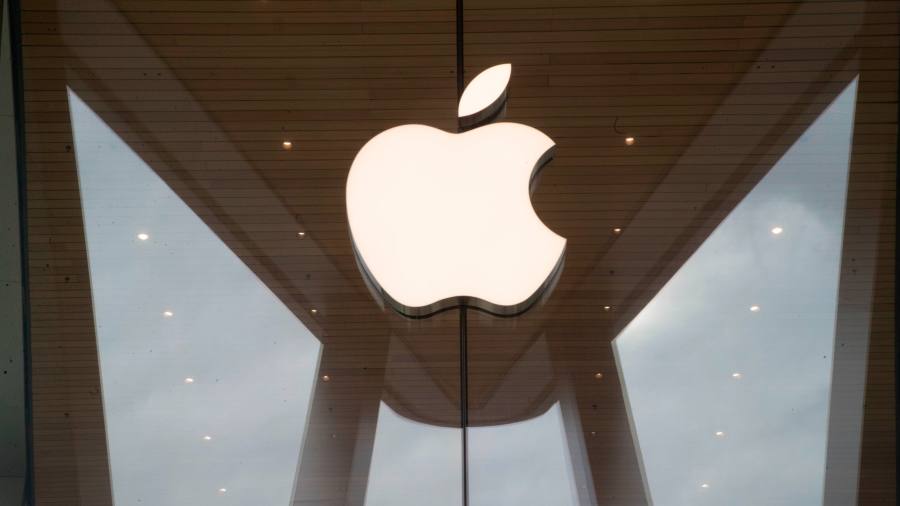
Apple earnings beat revenue and profit estimates despite hefty foreign exchange headwinds and concerns that consumer demand could falter amid a slowing economy, although sales in its services division fell short of forecasts.
The company on Thursday reported that total revenues in the September quarter rose 8 per cent to $90.1bn, against forecasts of $88.9bn and compared with $83.4bn a year ago, according to Refinitiv.
Net profit rose slightly to $20.7bn, versus forecasts for $20.5bn. Earnings per share rose 4 per cent to $1.29, higher than expected.
Apple shares fell as much as 5 per cent in after-hours trading following the release, before paring that loss to trade down about 1 per cent. Its stock has declined more than one-fifth so far this year, compared with a 32 per cent decline in the tech-heavy Nasdaq index.
Apple did not post guidance for the December quarter but finance chief Luca Maestri told the Financial Times that Apple had experienced “no meaningful supply constraints either from Covid or from silicon shortages”. Such constraints had cost Apple nearly $4bn in the June quarter.
iPhone sales, which accounted for 47 per cent of all revenues last quarter, rose 10 per cent to $42.6bn, missing estimates for $43.2bn. Analysts have been watching closely to see how the new iPhone 14 line-up has fared ahead of the important holiday quarter.
Mac sales grew 25 per cent last quarter to $11.5bn, but revenue from Apple’s Services division, which includes App Store sales and digital subscriptions, underwhelmed with just 5 per cent growth, to $19.2bn. Analysts had expected more than $20bn in revenue.
Total revenues were “better than what we had anticipated at the beginning of the quarter in spite of the fact that foreign exchange was a significant headwind because of the strength of the US dollar”, Maestri said.
Apple sales in China last quarter rose 6 per cent to $15.5bn. In the Americas, its most important region, revenues rose 8 per cent to $39.8bn.
Ahead of the results some analysts had been concerned about supply chain woes, which were in the spotlight this week when China’s zero-Covid policy caused havoc at supplier Foxconn’s Zhengzhou facility. They also worried that consumer demand might wane as persistent inflation bites into discretionary spending.
Maestri acknowledged the macro environment “is not as good as it was a year ago, for sure, and outside of the United States customers have also seen the effect of a very strong US dollar”.